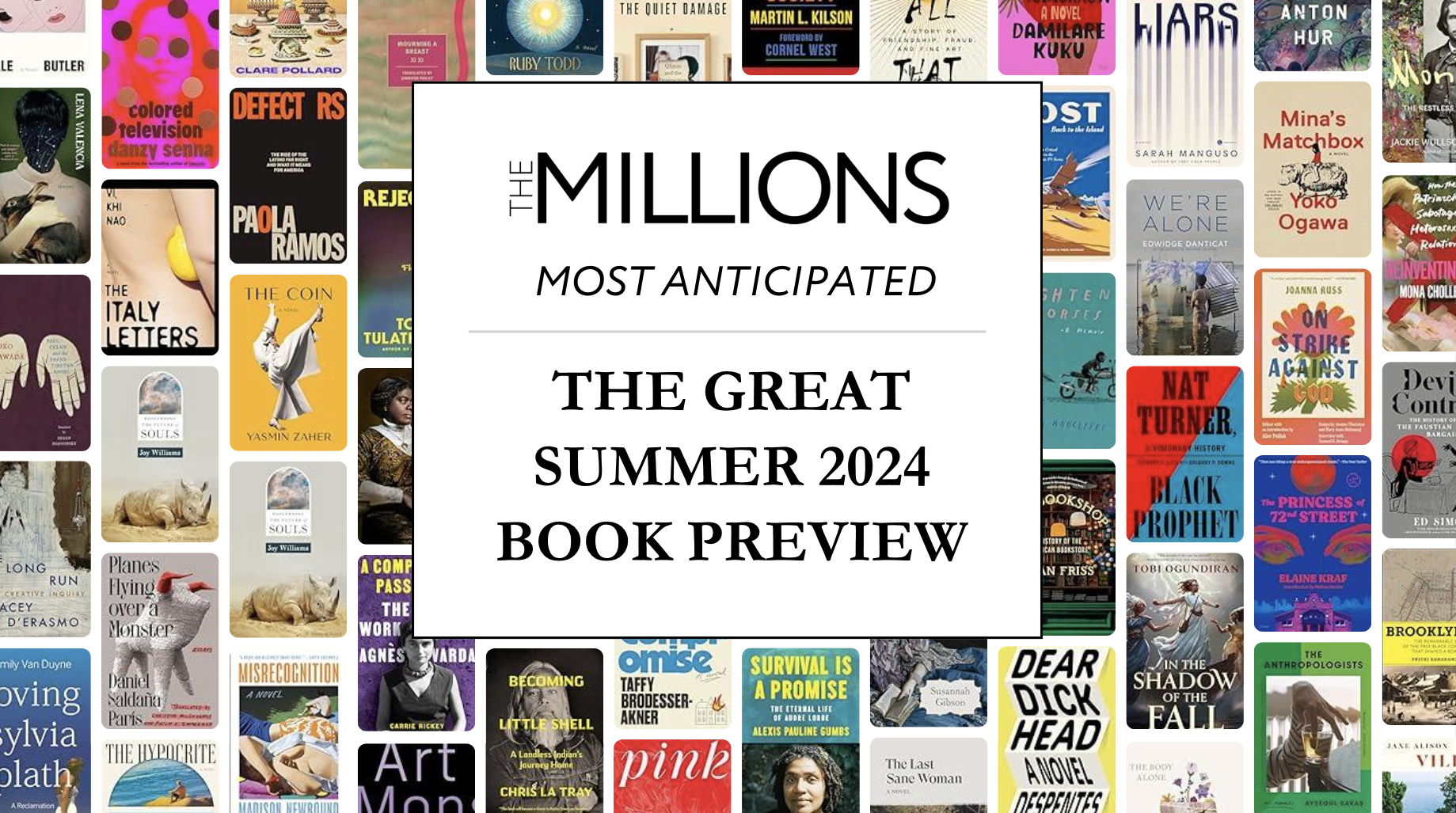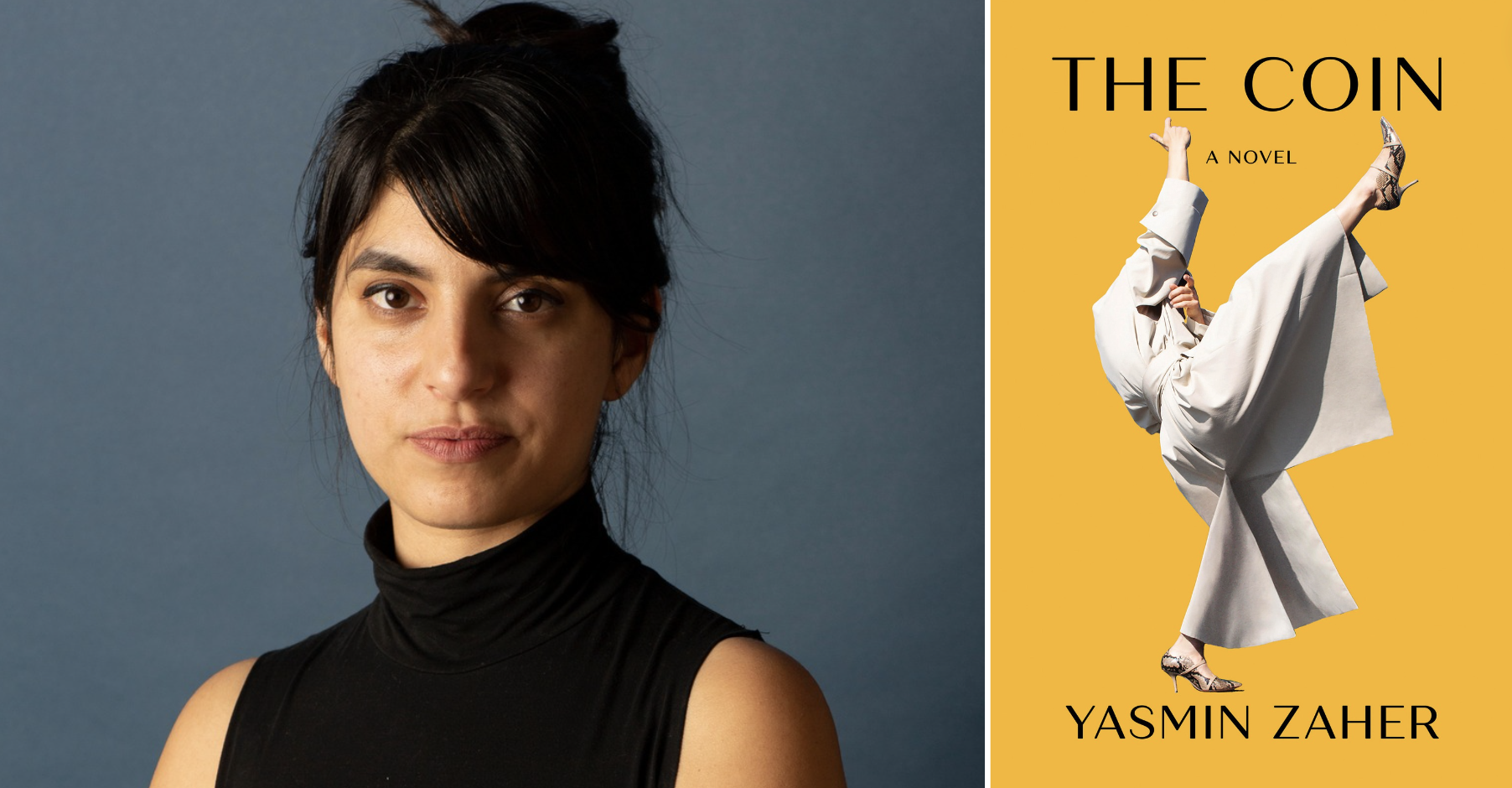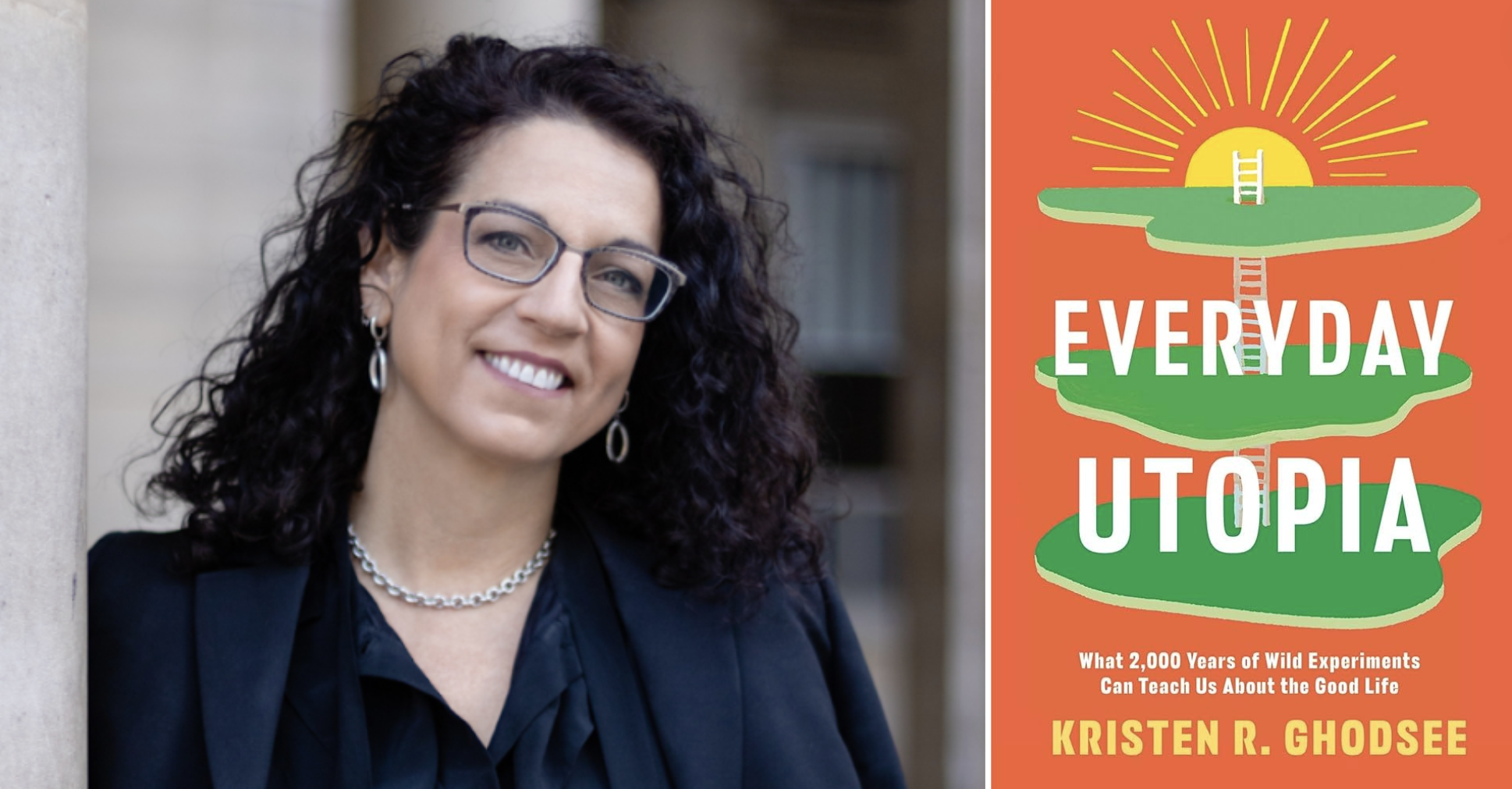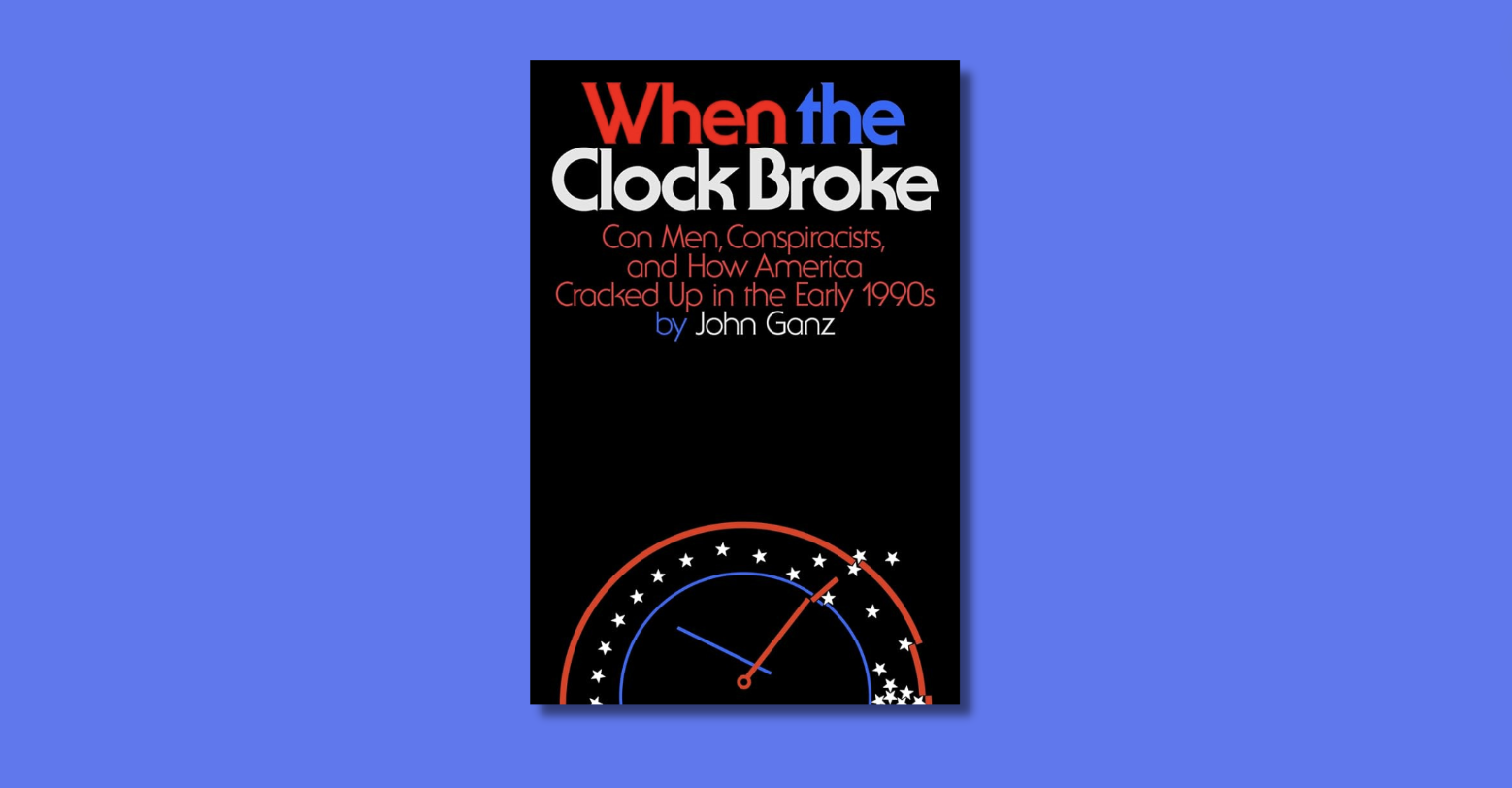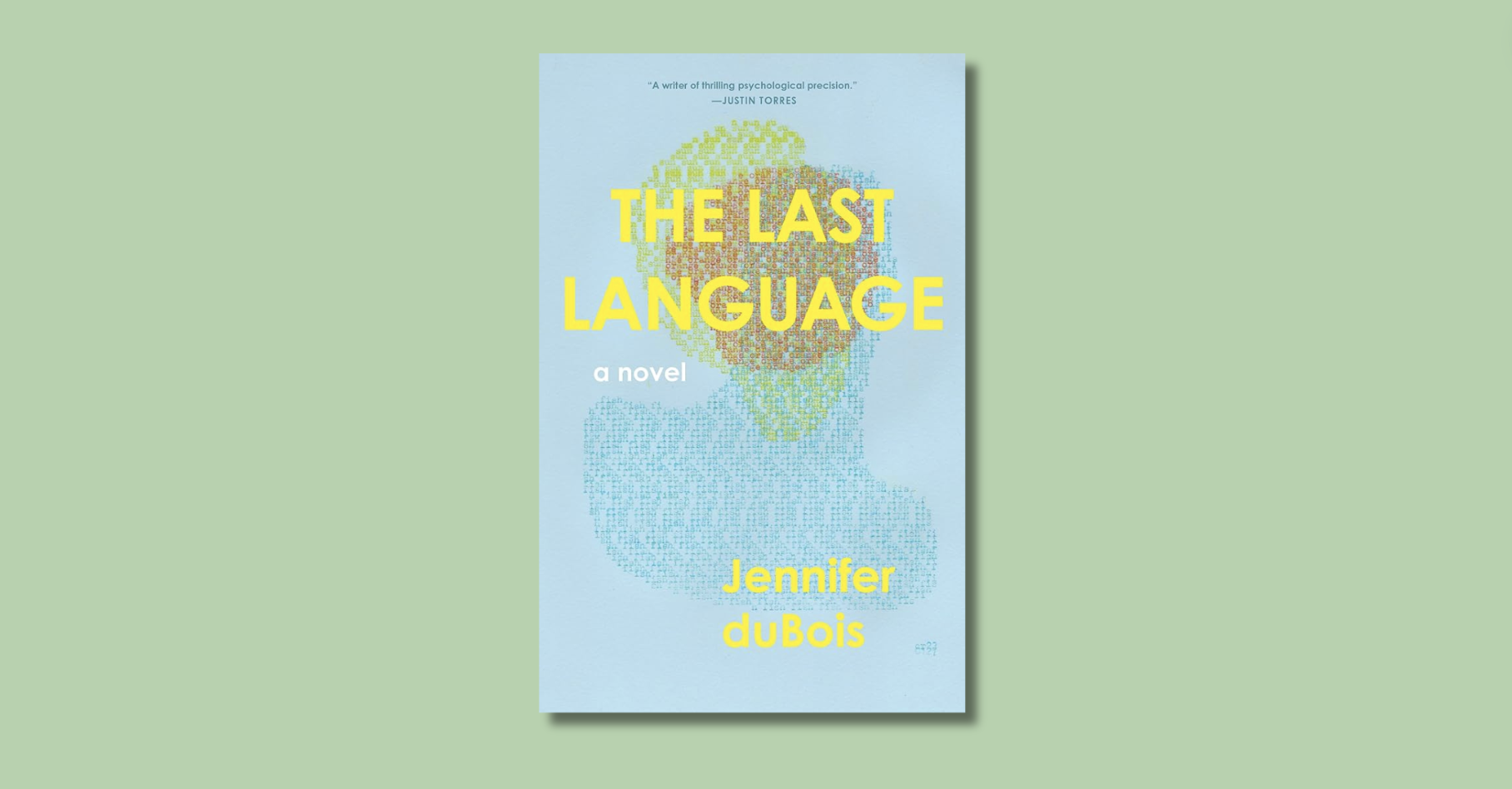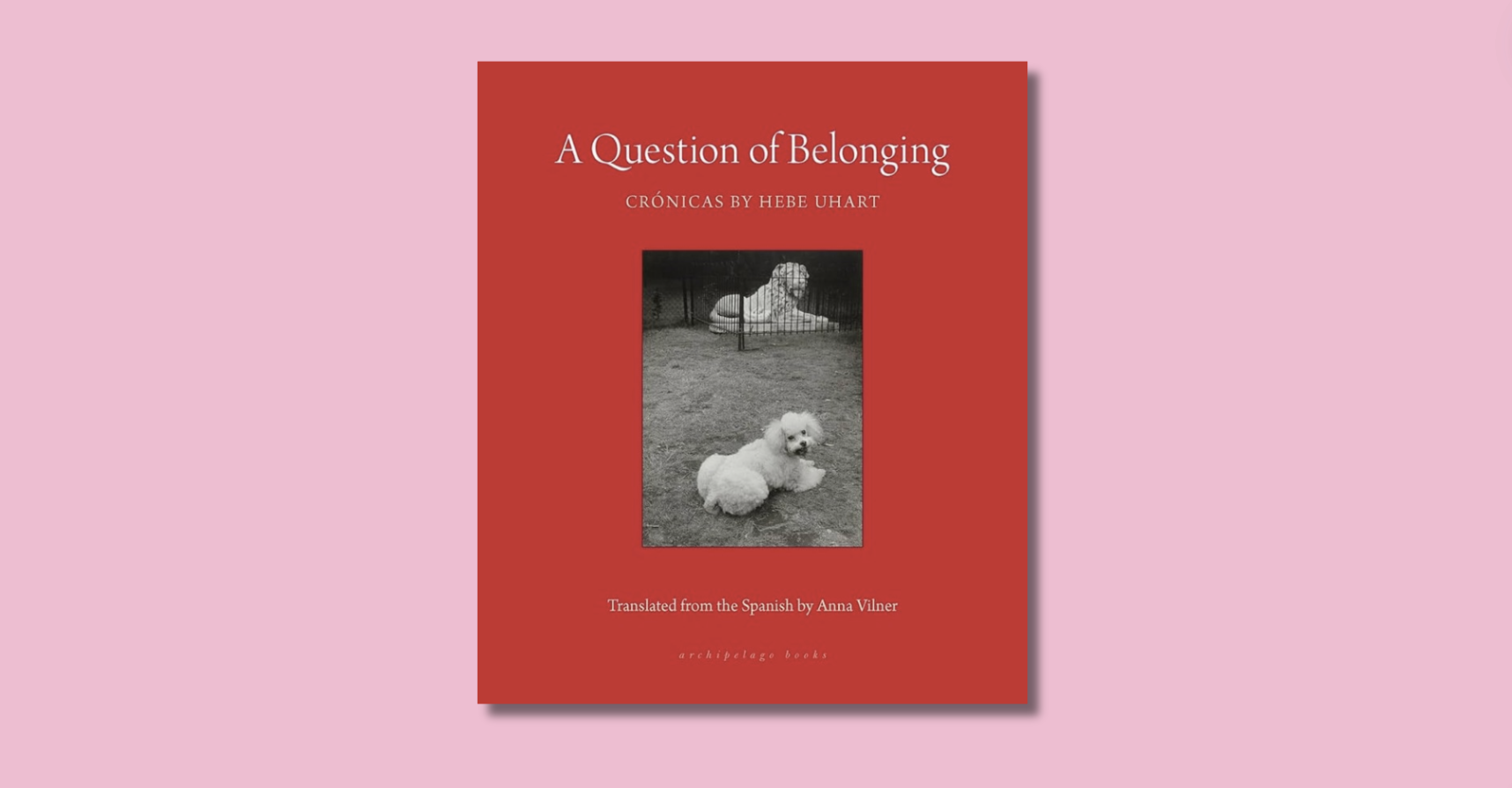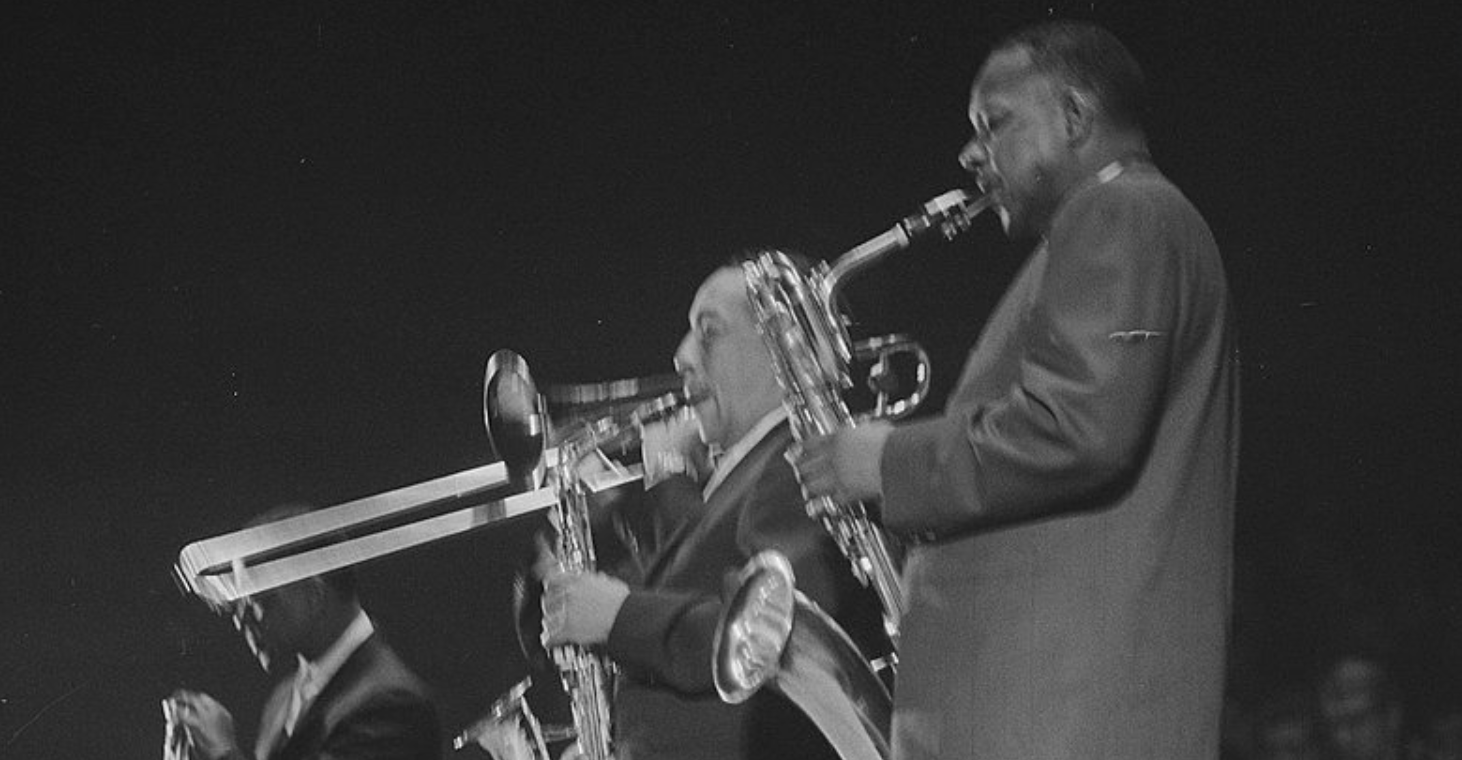
Ten years ago, I purchased Jean-Yves Tadié’s definitive 720-page biography of Marcel Proust. I never ended up reading it; Tadié’s book stands on my shelf alongside my six volume set of Proust’s In Search of Lost Time, which I also never finished reading — although, to be fair, I have read a lot of it, thanks to a college professor who assigned about 75 percent of the book. We didn’t read the entire novel only because our professor wanted to leave time at the end of the semester to read another groundbreaking modernist, Samuel Beckett. I don’t think I’ve ever forgiven Beckett for not being Proust. After spending three months reading Proust’s conversational, musical, allusive, simile-rich prose, Beckett’s spare style struck me as miserly.
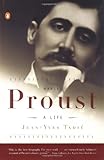
 While in college, I promised myself that one day I would read the entirety of In Search of Lost Time after graduation. I made this vow, as all 21-year-olds must, knowing very little of the realities of full-time employment, commuting, and Sunday brunch plans. I also made this resolution at a time when my daily Internet activity consisted of checking my email and maybe, if I was really hungry, the dining hall menu. I had no idea that reading would one day become an activity that I would have to plan.
While in college, I promised myself that one day I would read the entirety of In Search of Lost Time after graduation. I made this vow, as all 21-year-olds must, knowing very little of the realities of full-time employment, commuting, and Sunday brunch plans. I also made this resolution at a time when my daily Internet activity consisted of checking my email and maybe, if I was really hungry, the dining hall menu. I had no idea that reading would one day become an activity that I would have to plan.
In my late 20s, I finally made good on my promise and read Proust daily for about four months. It was at this time that I purchased the Tadié biography. I bought it out of enthusiasm; when I started rereading In Search of Lost Time, I was enjoying it so much that I wanted to make sure I had more Proust on reserve after I finished. But my enthusiasm must have waned, because I stopped reading somewhere in volume four. I don’t remember when I gave up, or why; I don’t even remember feeling bored with the project. Looking back through my journal entries from that year, it seems that a new iPod shuffle was the culprit. Maybe the weather also played a part. I began my grand rereading project in January, when it was cozy to stay indoors and read during my lunch hour. But then spring and my iPod arrived and I started to use my lunch break to go for walks set to a soundtrack of my own design. I have to wonder what albums could have been better than Proust. And at the same time, I think that Proust, who briefly subscribed to “Théâtrophone,” a service that allowed him to listen to live opera performances via telephone, would have understood the temptation.
And so, here I am, 10 years (!) later, trying again to finish one of the best novels I’ve ever read, possibly the best novel I’ve ever read. (I’ll know for sure when I finish.) The world (i.e. the Internet) has only gotten more distracting and, having become the mother of a three-year-old, my daily responsibilities have increased and become less negotiable. At the same time, one thing I’ve learned over the past decade is that you can accomplish a lot by doing a little of something every day. You can raise a child, write a book, make a life with another person. Almost everyone I know who has completed In Search of Lost Time (and to be clear, most of these “known” people are those who have written about the experience, not anyone I’ve met personally) did it slowly, reading just 10 to 20 pages a day, usually in the morning. At a pace of 10 pages a day, it will take me about a year and two months to finish, a period of time that doesn’t seem as long as it did 10 years ago. If it’s not already obvious, I’ve decided to write about this reading project here on The Millions. It will be a book club of one — though if anyone would like to join me, I’d love the company. I’ll be posting monthly, (perhaps twice monthly, if the mood strikes) and I have no idea what I will write about, only that Proust’s beautiful novel will be my point of departure.
